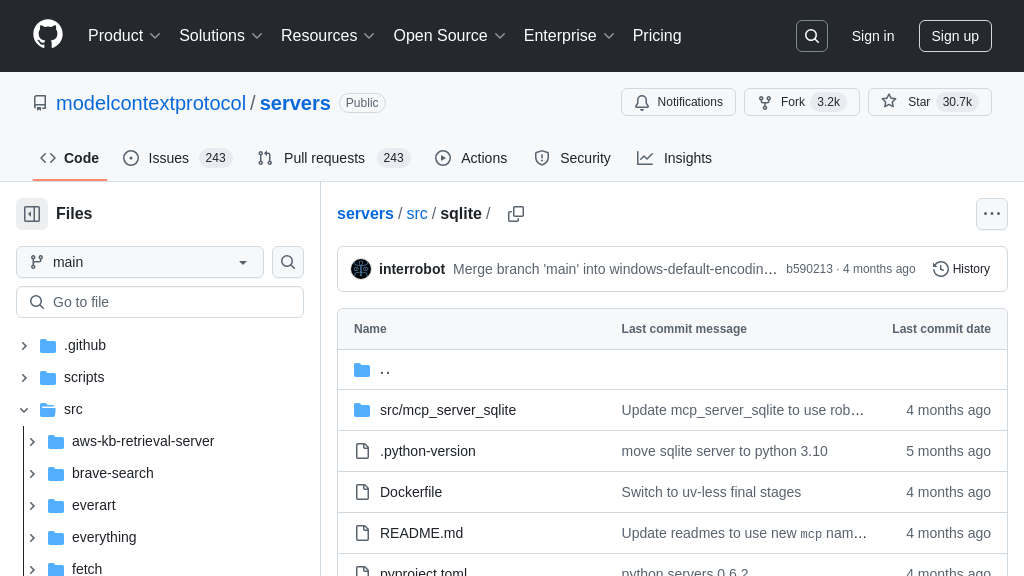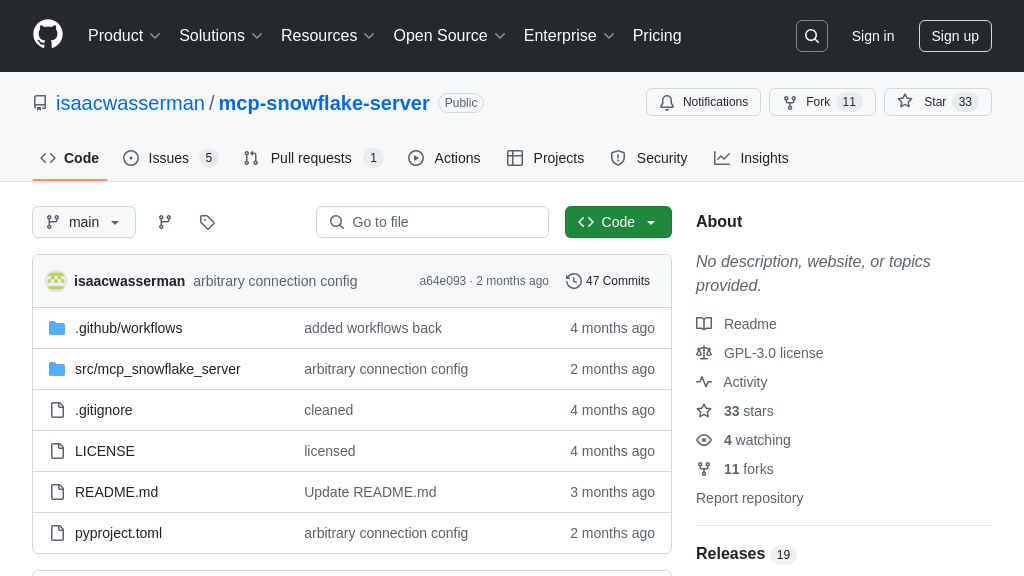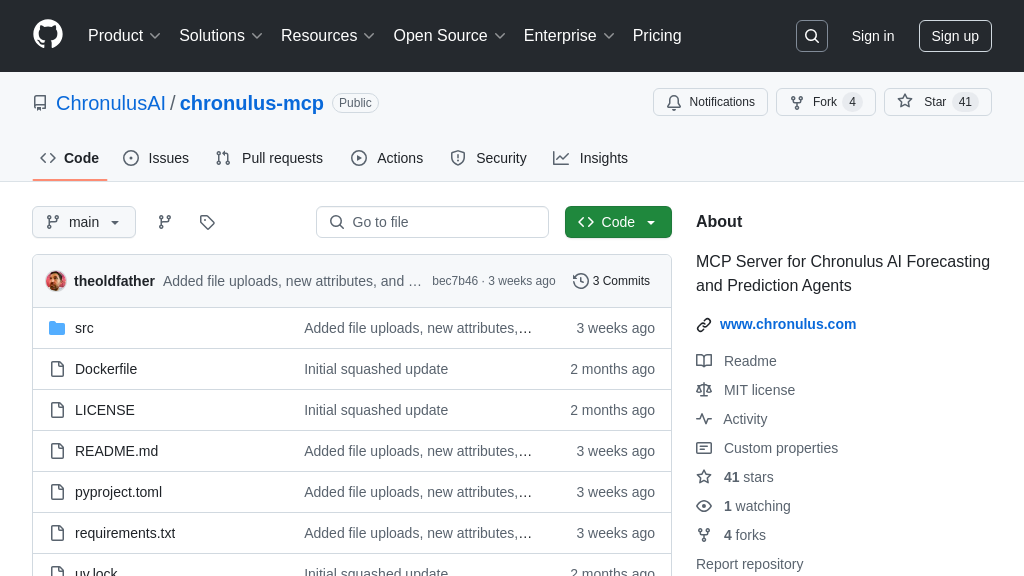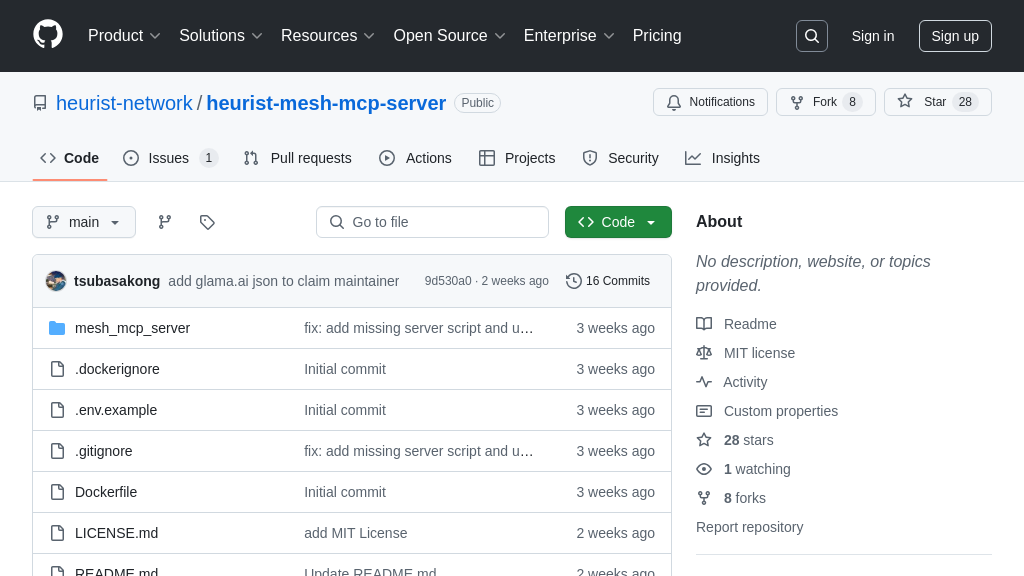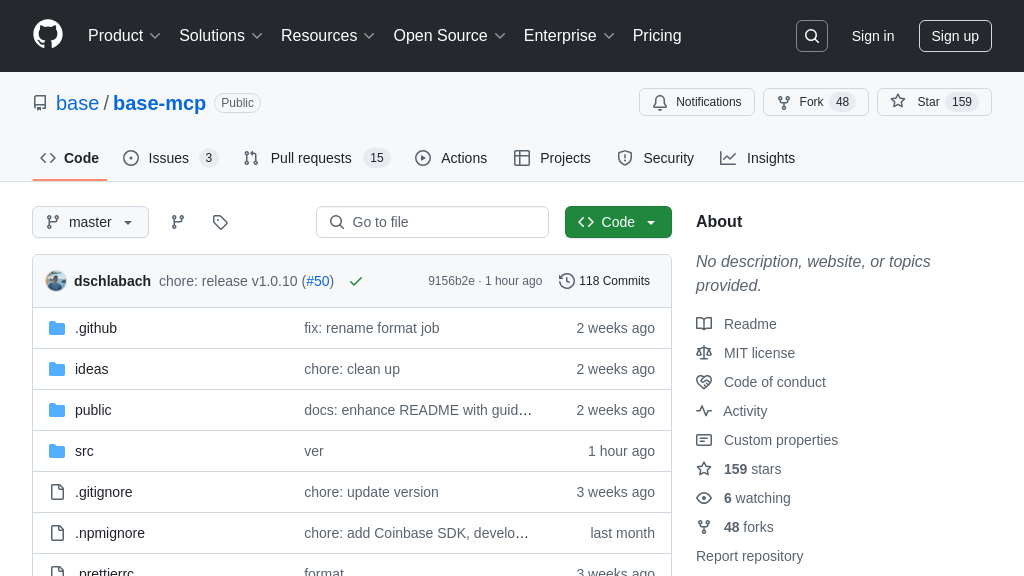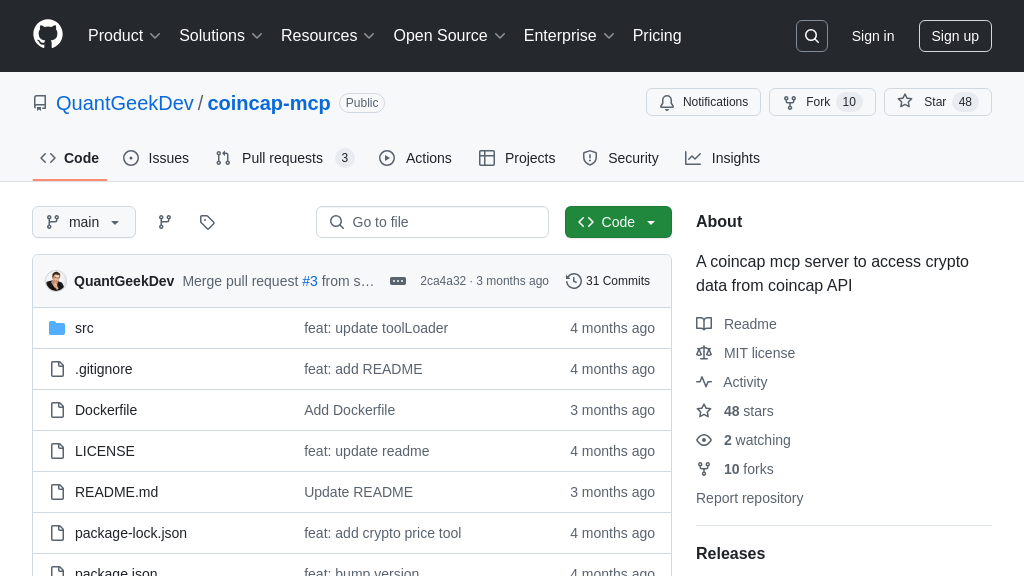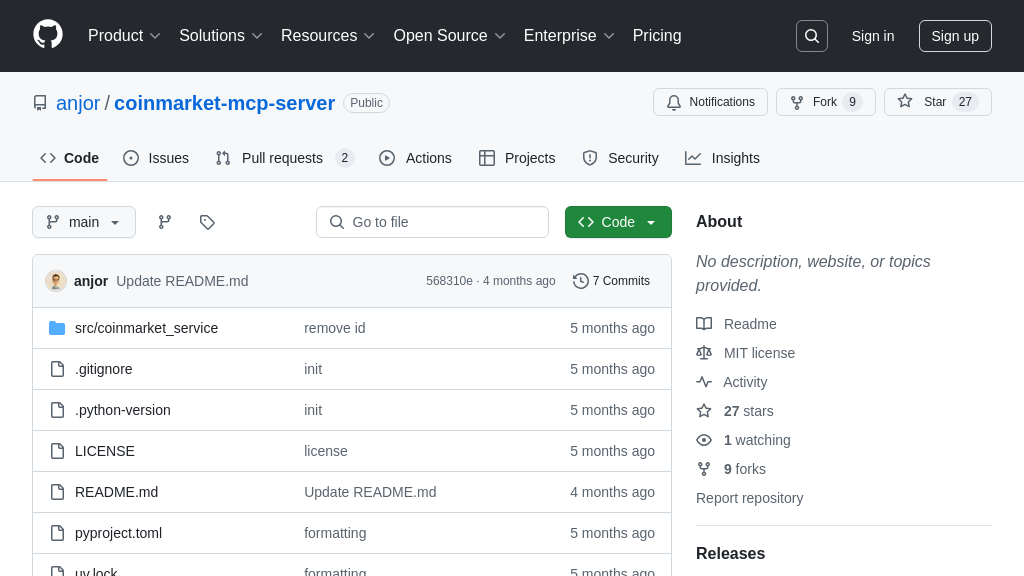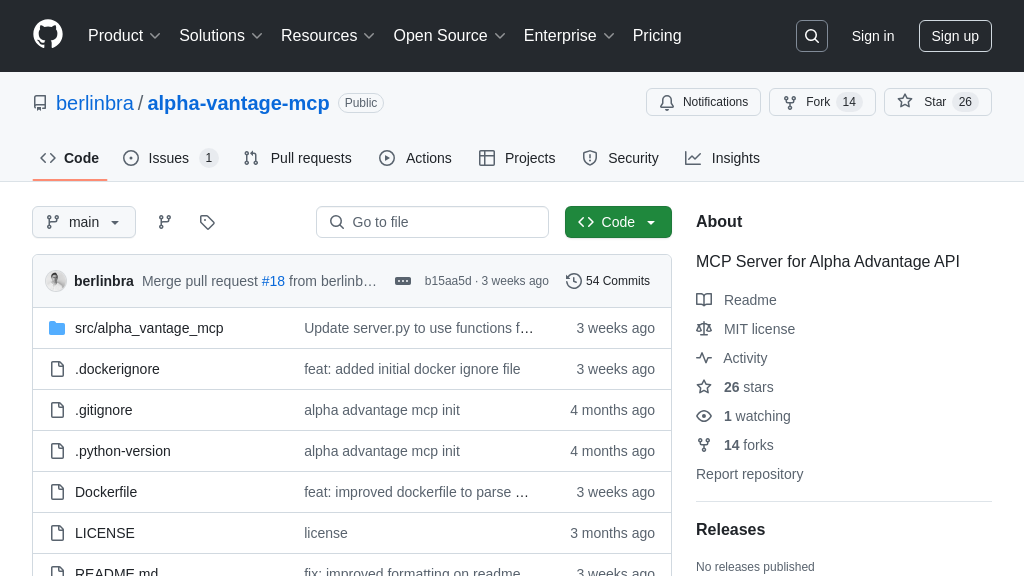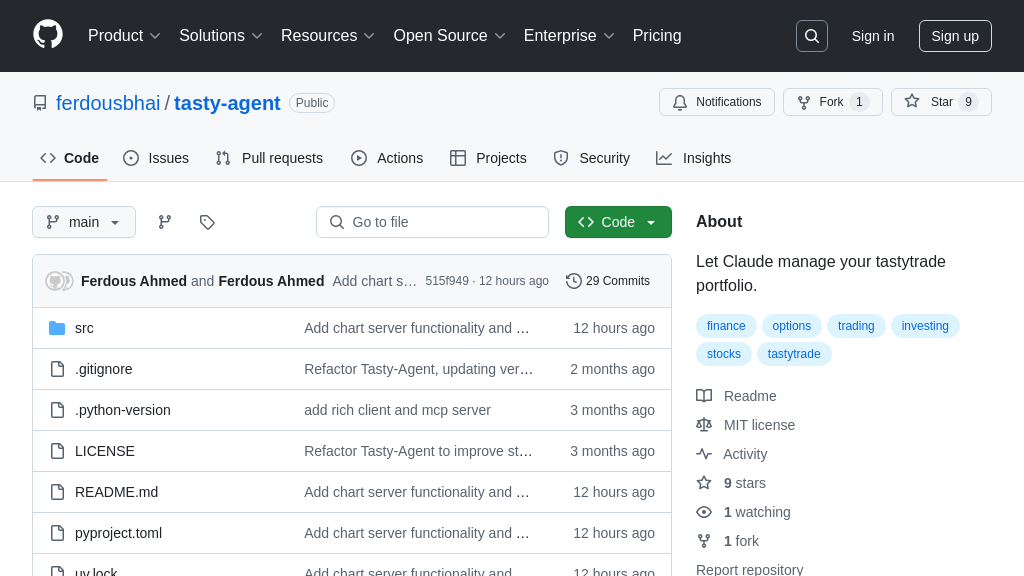bitcoin-mcp
bitcoin-mcp: AI-powered Bitcoin & Lightning Network interaction. Key generation, transaction decoding, and blockchain queries for AI models.
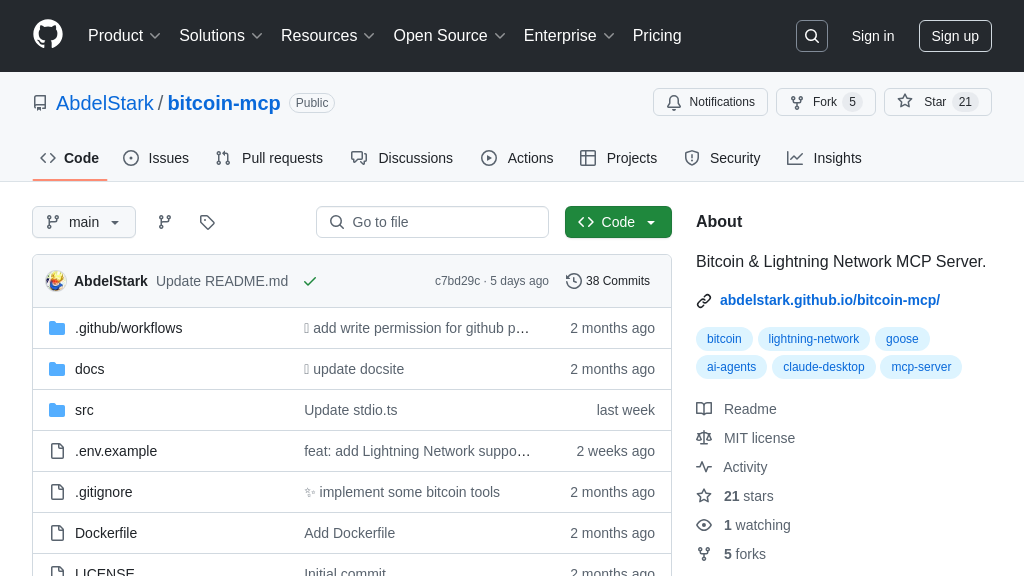
bitcoin-mcp Solution Overview
The Bitcoin & Lightning Network MCP server is a powerful tool that enables AI models to interact directly with the Bitcoin and Lightning Network blockchains. As an MCP server, it provides a standardized interface for AI models to perform key generation, address validation, transaction decoding, and blockchain queries. This allows developers to build AI-powered applications that can understand and interact with Bitcoin transactions, opening up possibilities for automated financial analysis, fraud detection, and more.
This server empowers AI models to decode Lightning invoices and even make payments directly from an LNBits wallet. Seamless integration with platforms like Claude and Goose allows developers to quickly incorporate Bitcoin functionality into their AI workflows. By providing a secure and reliable bridge between AI and blockchain, the Bitcoin MCP server unlocks new potential for innovation in the decentralized finance space. It supports both STDIO and SSE integration methods for flexible deployment.
bitcoin-mcp Key Capabilities
Bitcoin Key Pair Generation
The bitcoin-mcp server enables AI models to generate new Bitcoin key pairs, including a Bitcoin address, public key, and private key (in Wallet Import Format or WIF). This functionality allows AI agents to create and manage Bitcoin wallets programmatically, opening up possibilities for automated Bitcoin transactions and custodial solutions. The server handles the complexities of key generation, ensuring the keys are generated securely and according to Bitcoin standards. This is crucial for AI agents that need to interact with Bitcoin without relying on external services for key management.
For example, an AI-powered trading bot could use this feature to automatically generate a new wallet for each trade, enhancing privacy and security. The AI could then use the generated address to receive funds, execute the trade, and then sweep the remaining funds to a cold storage wallet. The technical implementation likely involves using a secure random number generator to create a seed, from which the key pair is derived using BIP32 or similar hierarchical deterministic key derivation methods.
Transaction Data Decoding
This feature allows AI models to parse raw Bitcoin transactions and display their details in a human-readable format. This is invaluable for AI agents that need to understand the flow of Bitcoin transactions, identify inputs and outputs, and track the movement of funds. By decoding transactions, AI models can gain insights into transaction patterns, detect anomalies, and make informed decisions based on real-time blockchain data. The server handles the complexities of transaction parsing, presenting the data in a structured and easily digestible format for the AI.
Imagine an AI-powered fraud detection system monitoring the Bitcoin blockchain for suspicious activity. By decoding transactions, the AI can identify transactions with unusual patterns, such as unusually large amounts or transactions involving known blacklisted addresses. The technical implementation involves parsing the raw transaction data according to the Bitcoin protocol, extracting relevant fields such as input addresses, output addresses, amounts, and script signatures.
Lightning Invoice Decoding and Payment
The bitcoin-mcp server extends its capabilities to the Lightning Network, enabling AI models to decode BOLT11 Lightning invoices and initiate payments directly from an LNBits wallet. This allows AI agents to seamlessly interact with the Lightning Network for fast and low-cost Bitcoin transactions. The invoice decoding feature provides human-readable information about the invoice, such as the amount, payee, and payment hash. The payment feature allows the AI to automatically pay the invoice from a configured LNBits wallet, streamlining the payment process.
Consider an AI-powered micro-payment system that automatically pays content creators based on user engagement. The AI could generate Lightning invoices for each unit of content consumed and automatically pay the invoices from its LNBits wallet. The technical implementation involves using a Lightning Network library to decode the BOLT11 invoice and interacting with the LNBits API to initiate the payment. The server needs to be configured with the LNBits URL and API keys to enable this functionality.
